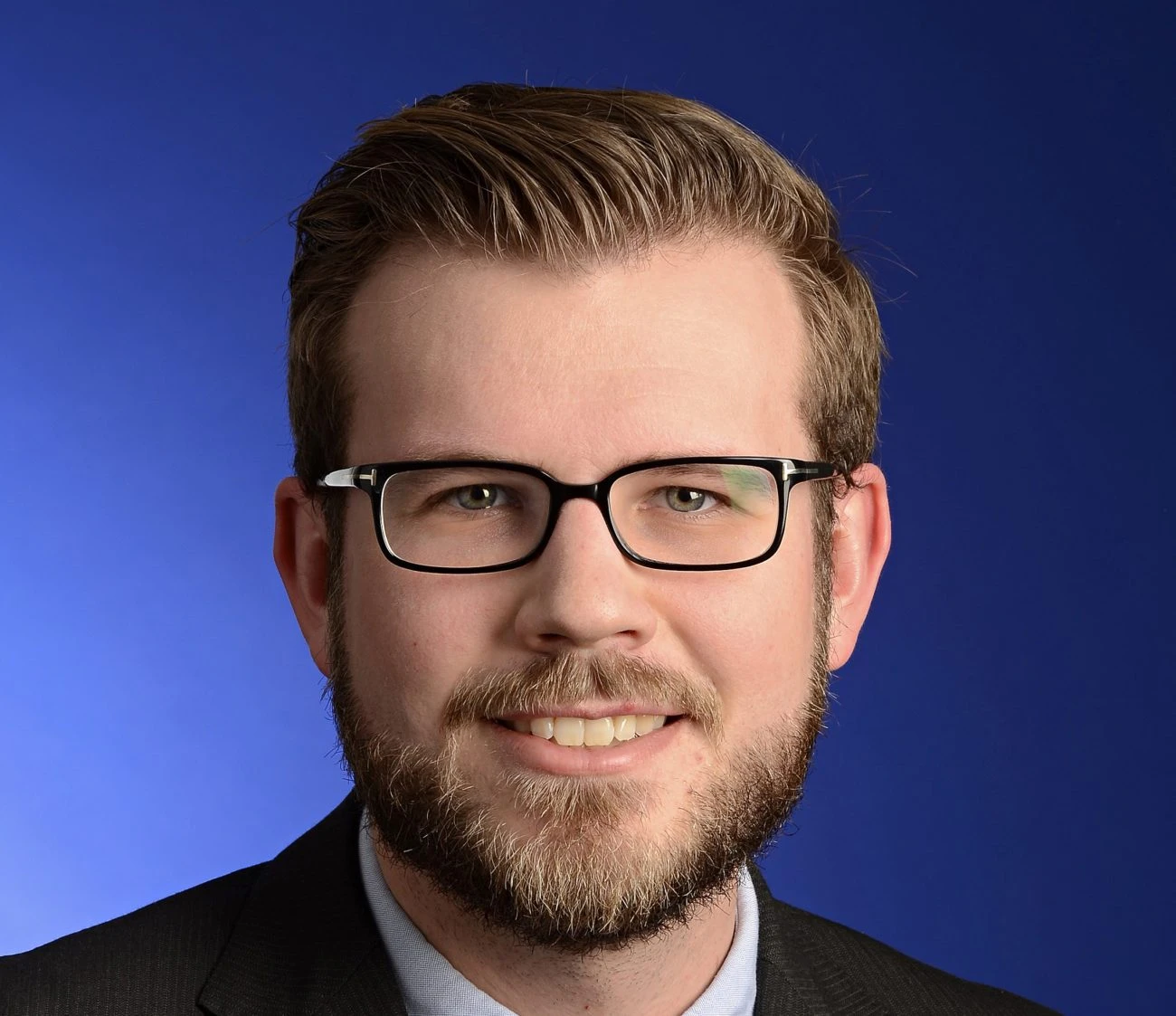Safer gambling: moving forward

KPMG Director of Economics and gambling specialist Adam Rivers provides an overview of the safer gambling panel at the recent KPMG Gibraltar eSummit, and the increasing role of economics in gambling regulation
Safer gambling has quickly become a mainstay of the KPMG Gibraltar eSummit. In the months running up to our 2019 event the industry continued to see substantial changes.
From regulatory fines in the newly licensed Swedish market to prohibition of gambling advertising in Italy that was closely followed by certain Spanish networks.
In the UK, developments included the Gambling Commission’s launch of the National Strategy to Reduce Gambling Harms.
These regulator- and government-led initiatives have been observed alongside operator and cross-industry commitments. In some cases, these have been substantial, such as the industry-imposed “whistle-to-whistle” ban on advertising in the UK.
With that background, it was fitting that the panel debating safer gambling was the largest we have had to date, comprising of seven panellists from areas of the industry including charities, academics, and both B2C and B2B operators.
We began by reflecting on the significant events of the past 12 months.
Above all, the panel agreed there is an ongoing transformational shift in the approach to safer gambling, with operators proactively allocating more resources to establish a greater understanding of issues and beginning to establish best practice.
Lyndsay Wright, Director of Sustainability at William Hill, noted that it was going through “potentially the biggest sea change in the organisation across our past 85 years.”
Sarah Hanratty, CEO of Senet Group, said she felt the industry was at a “pivotal and incredibly exciting moment” and was entering a new era of collaboration and leadership around safer gambling.
She noted that “there is a new appetite for a collective honest and open discussion about what we can do as business leaders to take forward the responsibility agenda”.
Looking at prevention from a B2B viewpoint, Playtech's Ian Ince outlined developments in game design, explaining how his business is using its data to understand the relationship between individual behaviours and riskiness of games.
Part of that work includes trialling a volatility rating that gives players an idea of game risk (i.e. variance) before they play.
We were fortunate to be joined by Lee Willows of the education charity Young Gamers & Gamblers Education Trust (known as YGAM), who gave an overview of the developments in the prevention of gambling related harms.
Specifically, Lee identified the four areas he believes the industry needs to consider as: raising awareness (particularly with young and vulnerable people through mass population education programmes); promoting self-management tools; removing the stigma associated with gambling addiction; and building digital resilience.
The need for increased collaboration between operators, regulators, charities, academics and professional advisers was a recurring theme throughout the discussion.
Willows acknowledged the support of gambling operators with the charity’s education programmes, and the Senet Group discussed a collaborative project that is using data from five operators to establish common markers of harm.
At an operational level, Paul Foster of GVC noted that he was now talking to other company leaders about safer gambling on a “day-to-day” basis.
Wright made the point that collaboration inside the industry was “how we get things done” but collaboration outside the industry was just as important “because that’s how we can learn. We don’t have all the answers” she said.
“People from the outside can help us to face the problem in a much more educated way.”
This is a role that Prof Catherine Bachleda, who joined the panel from the University of Gibraltar, is looking to help fill. She outlined the University’s vision for “Gibraltar being a global leader in research-informed responsible gaming initiatives.”
We also discussed the key role regulators play in helping the industry address safer gambling. Sarah Hanratty noted that an effective regulatory framework was essential.
Andrea Lazenby of Lottoland added it was important for operators to make sure their voices were heard at the regulatory level by sharing the work they are doing and providing considered analysis.
She noted it was important to ensure operators engage effectively with regulators, so that “when new conditions come in, they are the right conditions”.
We are increasingly seeing the use of robust, evidence-based analysis in betting and gaming to inform policy across jurisdictions on a global scale.
This is varying from the use of economics in the Fourth National Lottery Licence Competition, to driving the regulatory agenda in the Netherlands (we expect an economist led consultation on how to regulate the market effectively to launch in Q3 this year), to an economic impact assessment that is measuring the costs versus benefits of gambling in Massachusetts.
The sector is progressively using regulatory economics when considering appropriate regulation, and the industry is increasingly embedding economic thinking in their regulatory submissions.
From the discussion it is clear that minimising gambling related harms is a journey that is only at the beginning. In the UK, a combination of the regulatory landscape, political uncertainty and societal pressure are forcing operators to contribute to the industry’s evolving strategy
if they want to see commercial returns. Part of that journey will involve organisational change, with certain operators already choosing to put safer gambling at the heart of their businesses.
We look forward to continue working with the industry as it navigates these issues.
You can sign up here to receive updates onKPMG’s 10th Gibraltar eSummit taking place on 7 May 2020.
